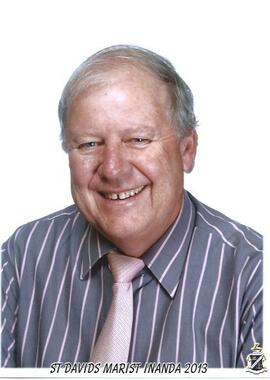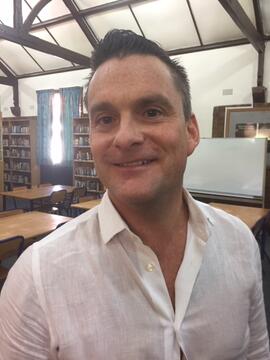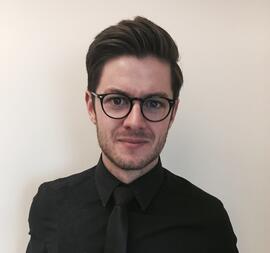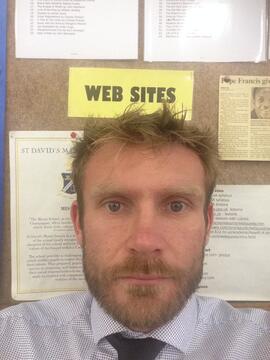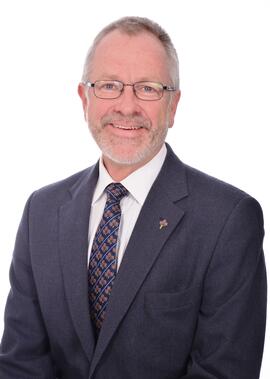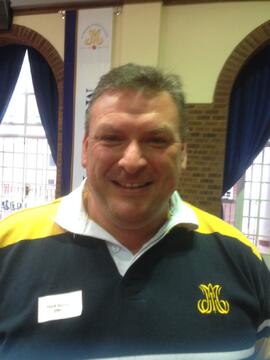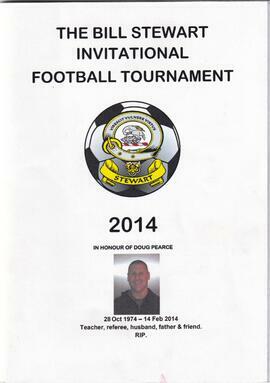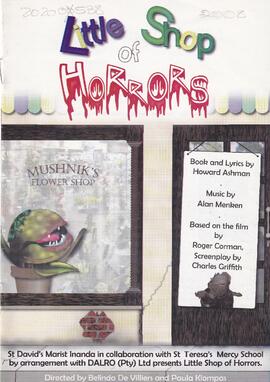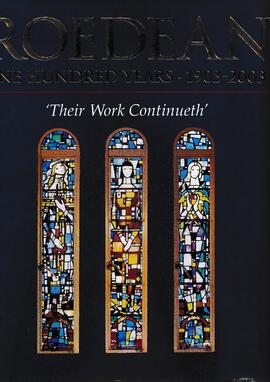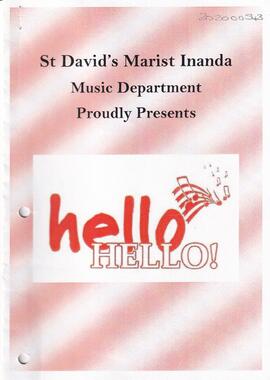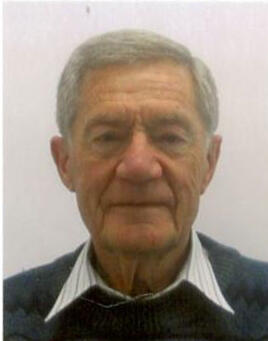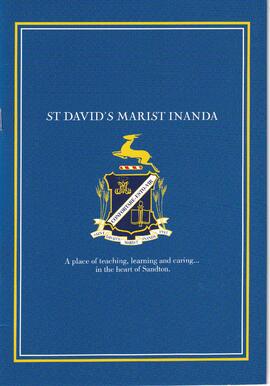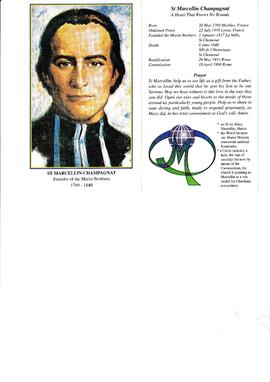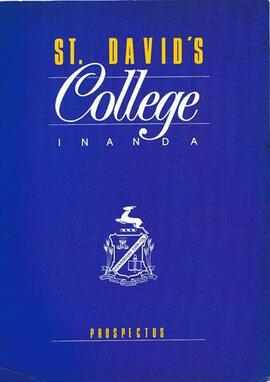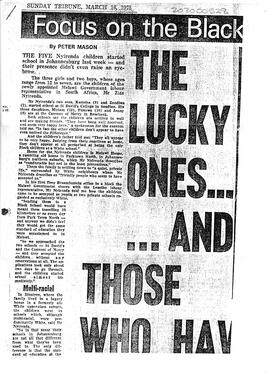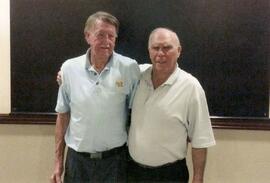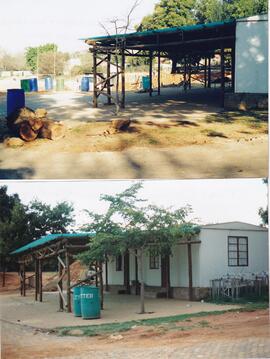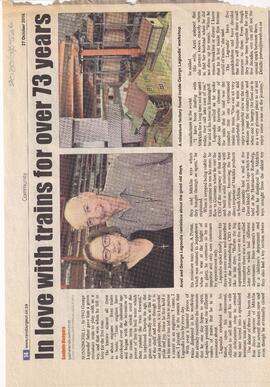Interview with Simon Franklin 1985 - Standard 7
- ZA ZAR STDS 202000934
- Pièce
- 2012
Interview with Simon Franklin – 1985 Standard 7
Simon and his brothers Adrian and Jeremy attended St David’s with Adrian (vice head boy)
matriculating in 1984 and Jeremy in 1985. Their father was chairman of the board during the
time they were there. Simon didn’t stay on to matric but left and went to St Andrews,
Grahamstown at the end of 1985 when Mr Boswell was headmaster. There are a couple of
reasons for this, Simon got into some arguments relating to his almost certain election as a
prefect simply because he was a Franklin, this did not go down well with him and the fact that
his brother lost his honours blazer due to the disastrous non-catholic retreat in 1985. St David’s
was going through a bad time without strong leadership and Simon felt it was time to leave.13
out of 15 boys in the U14A rugby side, a really good team losing only a couple of matches that
season, also left that year.
Simon began his career at St David’s in standard 3 in 1981 and cycled to school, the family
home being in !st Avenue. He and his brothers used to access the school through a hole in the
fence. Brian MacFadden lived on the school grounds and Simon used to hang out with him at
his house and the pair of them used to ride a motorbike around where the Inandas are today.
They were naughty and considered the school their playground. Willy Castle and his wife and
young children lived next door to Brian.
Having two older brothers at the school made a big difference with Jeremy being the prop for
the 1st team rugby for two years, he was a big strong boy but is now much slimmer and an artist
who exhibits at the Everard Read, Standard Bank, and Goodman Galleries. Adrian who was
vice head boy to Nick Pruims, head boy is now a successful businessman running one of the
Fortune 100 companies.
Simon was a great sportsman playing A team rugby, cricket, swimming, athletics and held the
high jump record. When his brothers were playing 1st team rugby, his father invited the rugby
team to Dullstroom for the weekend together with Mr Collier and Mr MacFadden.
The teachers he remembers are Heather Joseph, the art teacher, a Mr Kotze who looked like
Freddie Mercury, someone who taught technical drawing who was a stand up comic and was on
TV sometimes. Finlayson was the rugby coach, Isaak Cronje, Walter Cronje’s brother, the
Physical Education trainer and Mr MacFadden who taught History and French and whom the
boys liked.
He enjoyed the prep but the high school doesn’t really stand out apart from the time spent on
the sports field. Academically Simon’s performance was poor, he did enough to get by and his
friendships with his peers and sport were more important to him. He participated in a “Can Can”
production in standard 3 in the old hall with Heather Joseph as producer and his Gran made him
a black and red outfit with stockings.
Of his peers Grant Dykes left at the end of prep, others were Brian Steele, Paul Allen, Sean
Johnson and Greg Black with whom he is still in touch. He recalls Gary Beuthin breaking his leg,
with the whole leg in plaster which did not deter him from lying on his motor bike and riding to
school. Mike Erery, matric 1985 a huge guy who drove a really small car. Other names he
remembers are Michael Wood’88, Tonetti and Roland Retz.
Being an Anglican, the Religious Education was something Simon had to do and didn’t really
appreciate until later and especially at St Andrews where he was nicknamed “The Rev” because
of his knowledge. He felt he was given the tools to decide whether or not he wanted religion in
his life.
Simon was 17 when he matriculated and went into the army in the medical corp it was the last
year of intake and he finished in 1990 when he enrolled at the Cape Technikon to study
marketing and played ruby for Villagers rugby. His first project was the 1995 World Cup which
took him all over the world. He joined FIFA in 2006 until 2011 which gave him huge exposure,
travel and introduced him into a different way of thinking. He was then commercial director for
SAFA and is now with Megapro.
Simon has a son currently in grade 0 at St David’s. Simon is glad to see that St David’s has
adopted football and that a number of boys have been assigned to professional soccer league
teams. He feels that the sport has improved over the last few years and believes that academics
are crucial but that sport is very important and the school’s performance on the sports field.
JLE November 2012
Egenrieder, Julie

